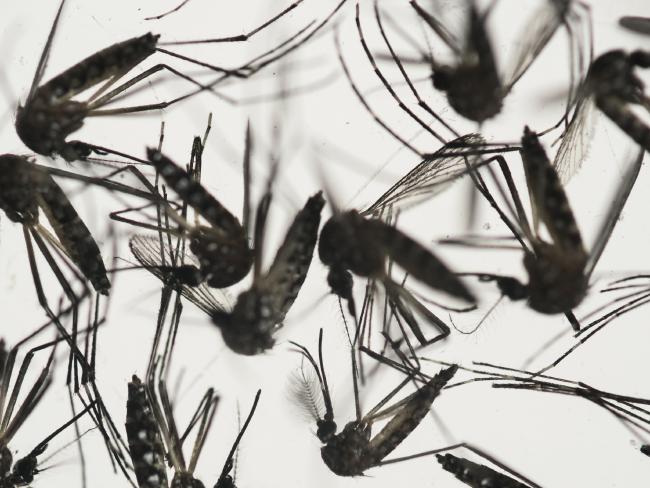Zika virus hits Australian shores

FEARS that Zika could spread to Australia have grown after it was revealed a man was hospitalised in Darwin with the virus.
The 27-year-old Australian is believed to have contracted Zika after he was bitten by a macaque monkey while on holiday in Bali, according to medical reports.
The case emerged a day after researchers warned the virus, which has been blamed for thousands of severe birth abnormalities in newborns in South America, has been circulating in Indonesia for a while.
This claim was given weight by a 2013 case reported in the Sydney Morning Herald of a 52-year-old Australian woman diagnosed with Zika after returning home from Jakarta — the first known case of the virus in Australia.
The second reported Zika case came when a Queensland woman was infected with the virus after a 2014 trip to the Cook Islands.
Concerns of a serious outbreak in South East have been further heightened by reports of at least one case this year in Thailand. Meanwhile, researchers from the Eijkman Institute for Molecular Biology cited a local man in Jambi province on Sumatra who had never travelled overseas but had been found to be infected.
Independent experts to the World Health Organisation met on Monday to decide whether to declare a global emergency over the Zika virus.
The United Nations agency said last week the Zika virus was “spreading explosively” and could infect as many as 4 million people in the Americas.
Brazil has reported around 4000 suspected cases of microcephaly, in which infants are born with smaller-than-usual brains. The health ministry has linked the condition to Zika, although the connection is not yet definitive.
If the WHO brand the epidemic a global emergency it would fast-track international action and research priorities, following criticism of a hesitant response so far. The agency was criticised for its slow response to the Ebola epidemic in West Africa which killed more than 10,000 people.
In the case of the 27-year-old Australian man researchers believe he caught the virus from a bite from a macaque monkey received in the Ubud Monkey Forest.
While the virus is most commonly transmitted by the Aedes aegypti mosquito, which also spreads dengue fever and the chikungunya virus, the first ever reported case of Zika was found in 1947 in a macaque in Ziika forest, Uganda, after which the virus is also named.
On his return to Australia the infected man went to the Royal Darwin Hospital suffering fever and a rash seven days after the bite. He was hospitalised for six days, according to the report.
The report’s authors did not rule out that the man caught the virus via a mosquito bite but they pointed out that there had been cases of the Zika virus being transmitted by other means such as via sexual contact.
In another case a woman from Townsville, Queensland, was diagnosed with Zika after visiting the Cook Islands in 2014.
A report co-authored by the Townsville Tropical Public Heath Unit and the Forensic Scientific Services in Coopers Plains said it was the first case of Zika in Northern Queensland and only the second ever diagnosis within Australia.
Dr Mike Catton, from the Doherty Institute’s Victorian Infectious Diseases Reference Laboratory, downplayed the risks of a serious outbreak in Indonesia. He told the SMH that of 1500 Australians the institute had tested after returning from overseas with an illness, only seven had tested positive for Zika since 2012.
“I think that testing is likely to be picking up Zika if it’s there in Australian return travellers,” Dr Catton said.
Политика конфиденциальности | Правила пользования сайтом












